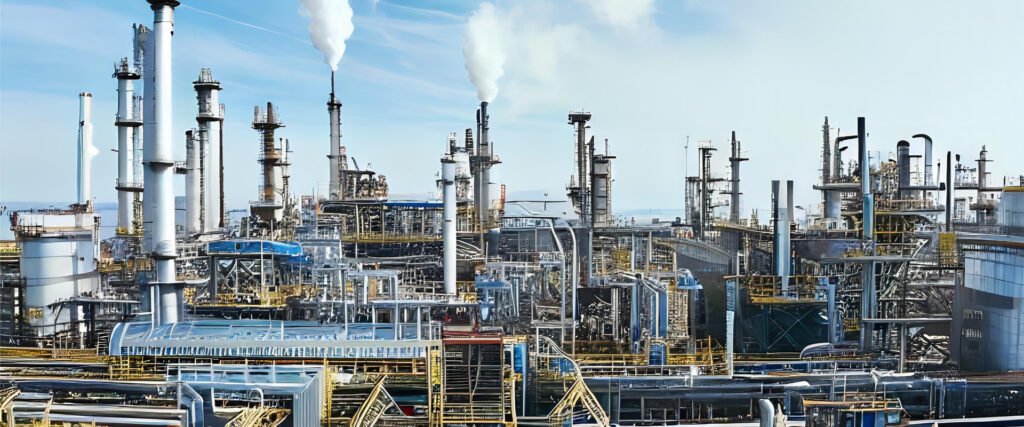Your cart is currently empty!
TEL:08615998857658

Polyisobutylene Succinic Anhydride pibsa
Polyisobutylene Succinic Anhydride PIBSA and its derivative Polyisobutylene Succinimide (PIBSI) are not directly used as additives but are intermediate components used in the synthesis of various additives, particularly ashless dispersants for lubricants.
Description
| Polyisobutylene succinimide (PIBSI) is an important type of additive used in lubricants. It’s derived from polyisobutylene, which is a polymer synthesized from isobutylene. PIBSI is created by reacting polyisobutylene with succinic anhydride to form polyisobutenyl succinic anhydride (PIBSA), followed by further reaction with an amine compound to produce the succinimide.
PIBSI serves as a detergent-dispersant additive in lubricants. It helps maintain the cleanliness of the engine by preventing the formation of deposits, reducing sludge, and dispersing contaminants that could otherwise hinder the lubricating properties of the oil. Additionally, it assists in neutralizing acidic byproducts formed during the combustion process, thereby enhancing the overall performance and longevity of the engine. In the automotive industry, PIBSI is commonly used in various lubricants, such as engine oils, transmission fluids, and hydraulic fluids, to improve their detergent and dispersant properties. |
Polyisobutylene Succinic Anhydride (PIBSA) and its derivative Polyisobutylene Succinimide (PIBSI) are not directly used as additives but are intermediate components used in the synthesis of various additives, particularly ashless dispersants for lubricants.
Here’s a breakdown of their roles:
PIBSA (Polyisobutylene Succinic Anhydride):
- Chemical structure: PIBSA is a molecule formed by attaching succinic anhydride groups to the end of polyisobutylene (PIB) chains.
- Function: PIBSA acts as a reactive intermediate and serves as a starting material for the synthesis of PIBSI.
PIBSI (Polyisobutylene Succinimide):
- Formation: PIBSI is formed by the reaction of PIBSA with a diamine. This reaction replaces the succinic anhydride groups on PIBSA with imide groups linked to the diamine molecule.
- Function: PIBSI is the final product used as an ashless dispersant in various lubricants, including:
- Engine oil
- Gear oil
- Hydraulic oil
- Automatic transmission fluid (ATF)
Ashless Dispersants:
- Function: Dispersants help keep engine oil clean by suspending contaminants and sludge particles within the oil, preventing them from settling and agglomerating into harmful deposits.
- Benefits: Using dispersants in lubricants contributes to:
- Reduced wear and tear on engine components
- Extended engine life
- Improved fuel efficiency
Therefore, PIBSA and PIBSI are not directly added to lubricants but play an important role in the creation of ashless dispersants, which are vital additives for maintaining engine cleanliness and performance.
Here are some additional points to note:
- PIBSA and PIBSI products are available in various grades and formulations with different properties catering to specific applications.
- The selection of the appropriate ashless dispersant based on PIBSI depends on factors like the type of lubricant and desired performance characteristics.
- It’s essential to consult with the lubricant manufacturer or a qualified tribologist (friction and wear specialist) for choosing the most suitable ashless dispersant for your specific needs.







Reviews
There are no reviews yet.